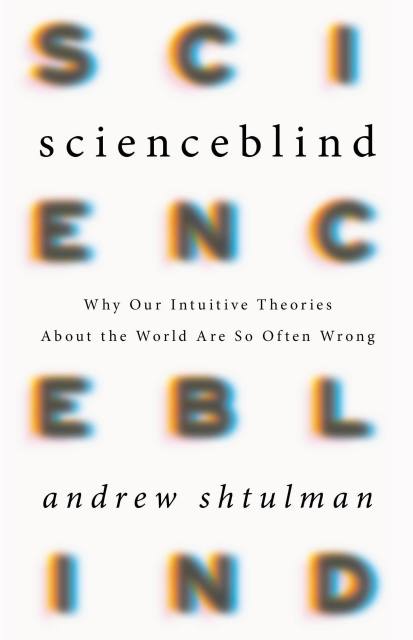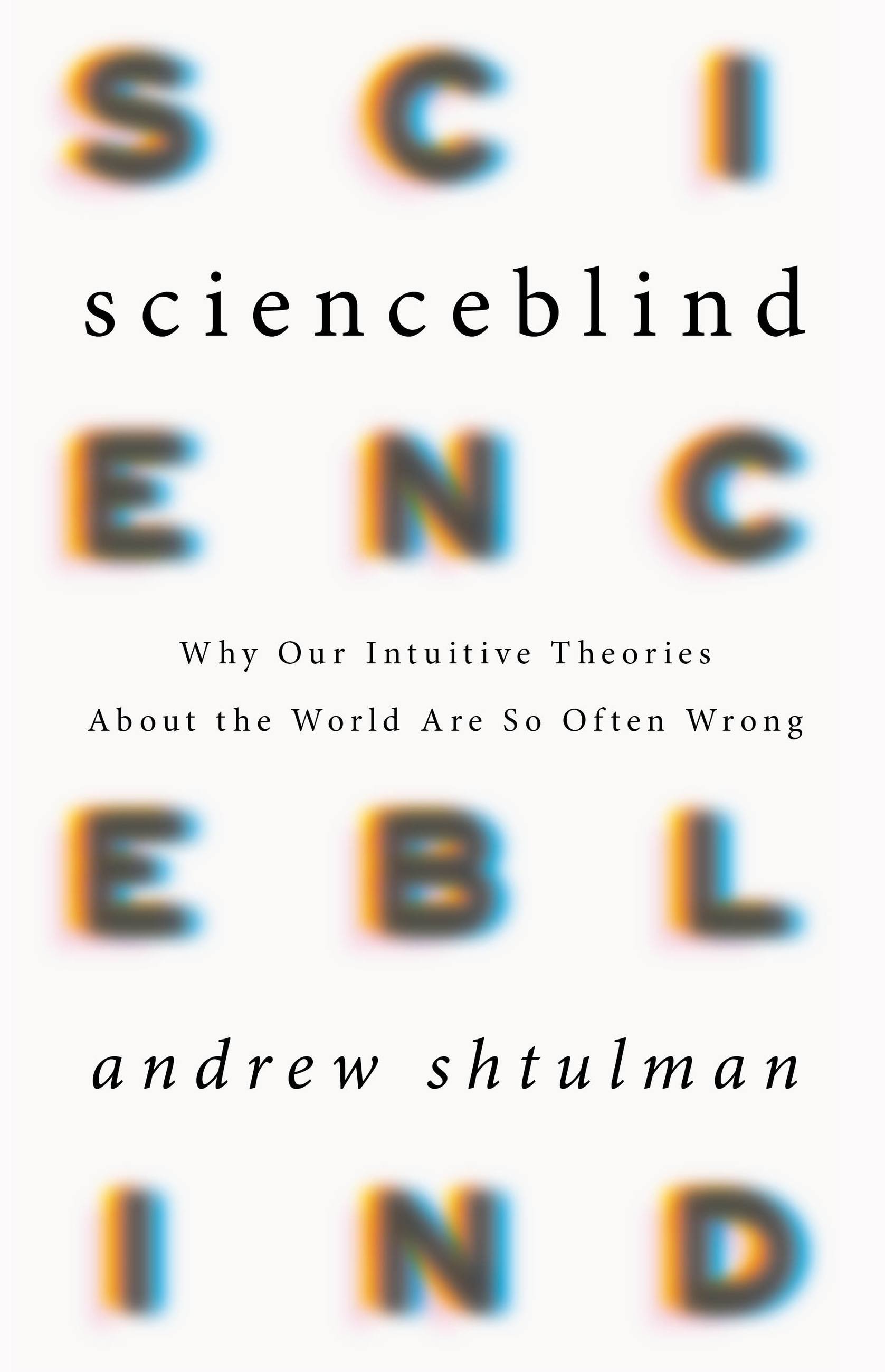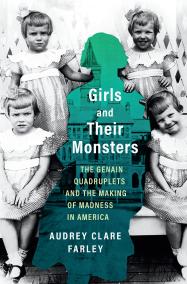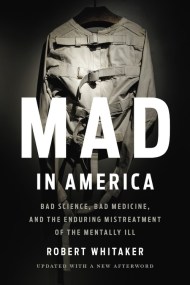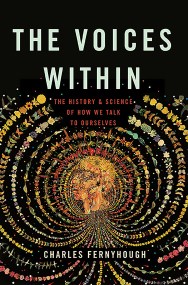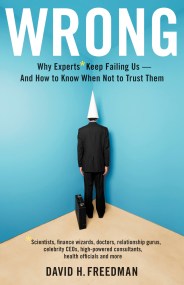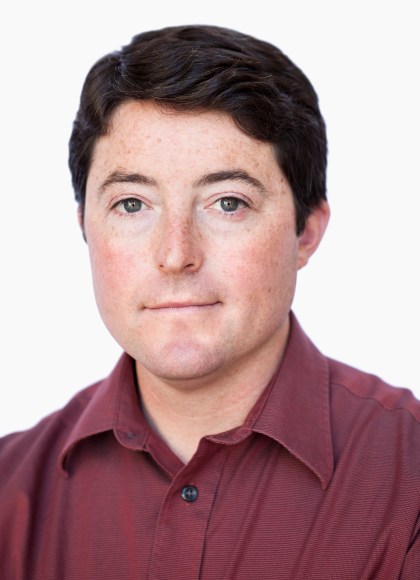Promotion
Use code BESTBOOKS24 for 25% off sitewide + free shipping over $35
By clicking “Accept,” you agree to the use of cookies and similar technologies on your device as set forth in our Cookie Policy and our Privacy Policy. Please note that certain cookies are essential for this website to function properly and do not require user consent to be deployed.
Scienceblind
Why Our Intuitive Theories About the World Are So Often Wrong
Contributors
Formats and Prices
Price
$18.99Price
$24.99 CADFormat
Format:
- ebook $18.99 $24.99 CAD
- Hardcover $30.00 $39.00 CAD
This item is a preorder. Your payment method will be charged immediately, and the product is expected to ship on or around April 25, 2017. This date is subject to change due to shipping delays beyond our control.
Also available from:
Humans are born to create theories about the world — unfortunately, we’re usually wrong and bad theories keep us from understanding science as it really is
Why do we catch colds? What causes seasons to change? And if you fire a bullet from a gun and drop one from your hand, which bullet hits the ground first? In a pinch we almost always get these questions wrong. Worse, we regularly misconstrue fundamental qualities of the world around us. In Scienceblind, cognitive and developmental psychologist Andrew Shtulman shows that the root of our misconceptions lies in the theories about the world we develop as children. They’re not only wrong, they close our minds to ideas inconsistent with them, making us unable to learn science later in life. So how do we get the world right? We must dismantle our intuitive theories and rebuild our knowledge from its foundations. The reward won’t just be a truer picture of the world, but clearer solutions to many controversies — around vaccines, climate change, or evolution — that plague our politics today.
- On Sale
- Apr 25, 2017
- Page Count
- 320 pages
- Publisher
- Basic Books
- ISBN-13
- 9780465094929
Newsletter Signup
By clicking ‘Sign Up,’ I acknowledge that I have read and agree to Hachette Book Group’s Privacy Policy and Terms of Use
